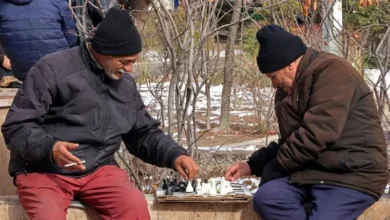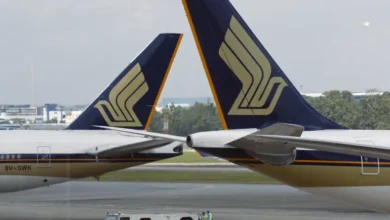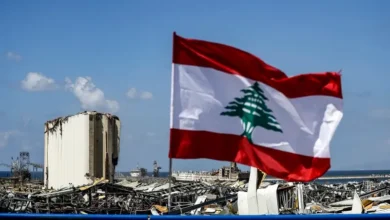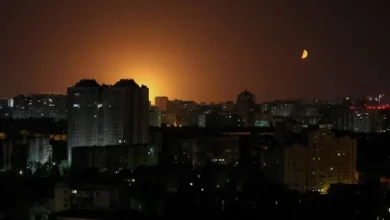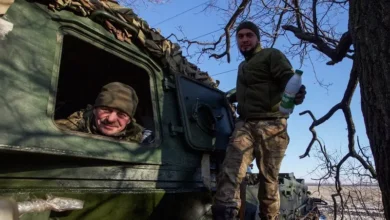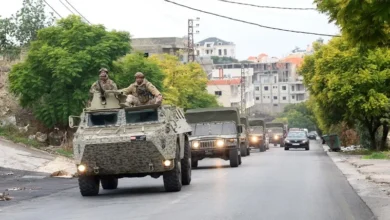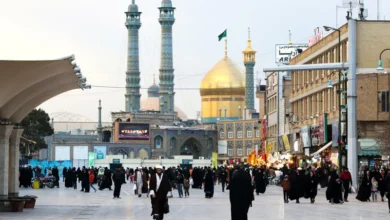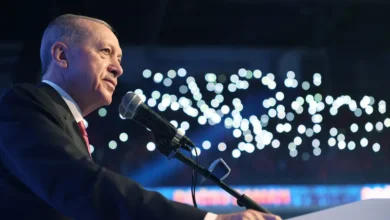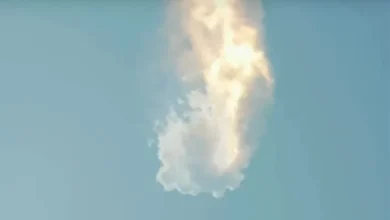Turkey says told Russia, Iran not to intervene militarily in Syria opposition push
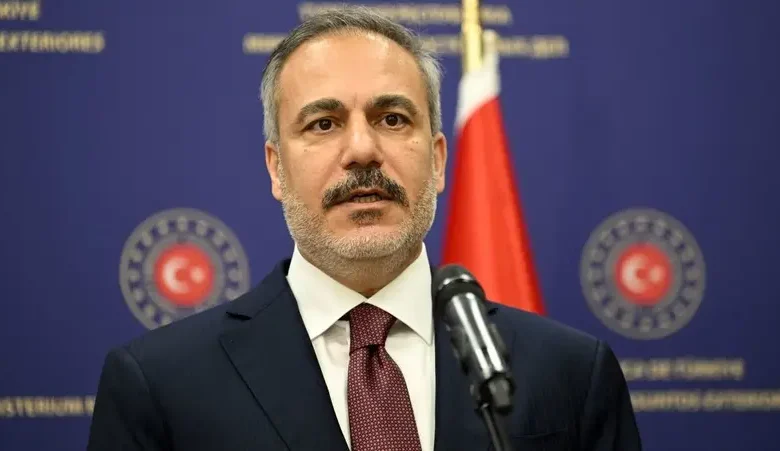
Turkey said Friday it had urged Russia and Iran not to intervene militarily to support Bashar al-Assad’s forces as opposition groups mounted their lightning advance on Damascus that ended with the Syrian strongman’s ouster.
“The most important thing was to talk to the Russians and Iranians to ensure that they didn’t enter the equation militarily. We had meetings with (them) and they understood,” Foreign Minister Hakan Fidan told Turkey’s private NTV television.
He said if Moscow and Tehran, both key al-Assad allies since the start of the civil war in 2011, had come to the Syrian president’s aid, the opposition group could still have won but the outcome could have been far more violent.
“If Assad had received support, the opposition could have achieved victory with their determination, but it would have taken a long time and could have been bloody,” he said.
Turkey’s aim was to “hold focused talks with the two important power players to ensure minimum loss of life,” Fidan said.
When the Military Operations Administration forces first began its offensive on November 27, Moscow and Tehran initially offered al-Assad military support to hold off the fighters.
But the scale of the collapse of al-Assad’s forces took them by surprise.
And it came at a time when both nations were caught up with problems of their own: Russia mired in the war with Ukraine, and Iran’s proxies including Lebanon’s Hezbollah taking a major battering from Israel.
They quickly realised the game was up, that al-Assad “was no longer someone to invest in” and “there was no point anymore,” the Turkish minister added.
Turkey expressed support for the opposition group with experts saying it even gave its green light for the offensive by “Hayat Tahrir al-Sham” (HTS), without being directly involved.
Many nations, especially in the region, have expressed concern about HTS, which is rooted in al-Qaeda’s former Syria branch and proscribed by many Western governments as a terror organization.
But Fidan said it was “perfectly normal” to have such concerns about HTS, which would “need to be resolved”.
“No one knows them as well as we do, we want a Syria without terrorism, not posing a threat to the countries in the region.”
Since 2016, Turkey has held considerable sway over northwestern Syria, maintaining a working relationship with HTS which ran most of the Idlib area, which was Syria’s last bastion of opposition.
With open lines of communication with HTS, Turkey was relaying such concerns directly to them, he said.
“We reflect our friends’ concerns to them and ensure they take steps. They have made many announcements and people see they are on the right track,” he said.
The message that Ankara was sending to the new administration in Damascus was: “This is what Turkey — which has stood by you for years — expects. And this is what the world expects,” he said.
